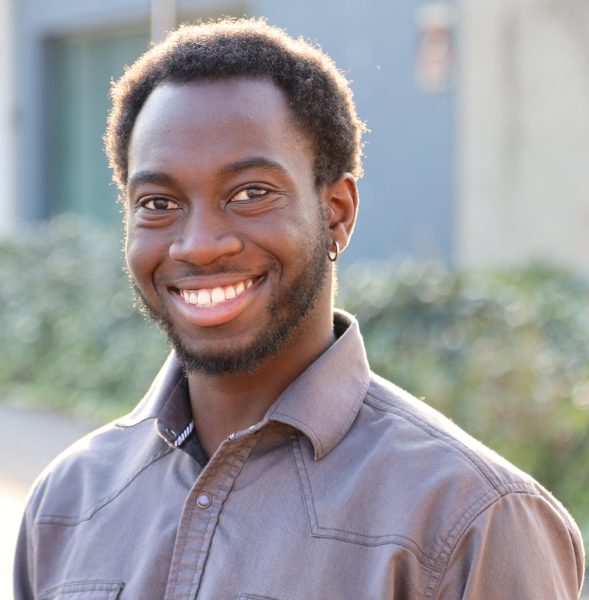In my math course, The Mathematics of Modeling, we’re currently covering exponential and logarithmic functions. And, in my economics course, we are learning about derivatives of exponential functions. In high school, those two sentences would have sent chills down my spine and caused me to curl up in the fetal position. It’s safe to say I’m definitely more comfortable with math now. But, what changed in just those two years?
In my junior year of high school, I had a calculus teacher who taught math very differently than how I’d been taught before. My relationship with math was shaky at best before this teacher, and I had always just thought, “I’m simply not a math person.” I thought I just couldn’t be good at it.
This teacher taught me to view math like anything else I did, something I could improve at. They showed me the notion of “some people are just not math people” may not be true at all.
I think the truth is something a bit closer to this: some people simply haven’t been taught things in ways that suit how they learn. This teacher showed me that just because I couldn’t do something right now, didn’t mean I couldn’t ever do it. In “Sahr-terms,” I call this the principle of “yet.”
This got me thinking, how many things have we decided we are simply not good at, and, as a result, have given up on? How many things have we not ascribed the principle of “yet” to? Psychological research has proven the benefit of the principle of “yet.” So, let me tell you about it in technical terms, not in “Sahr terms.”
In my writing theory course, we recently watched a video about having a growth mindset. The term was coined by Stanford psychologist Carol Dweck. In the 1970s, Dweck and her colleagues conducted research on students’ attitudes regarding failure. Extrapolating from this research, Dweck used this term to describe “the underlying beliefs people have about learning and intelligence.”
Dweck found that “[w]hen students believe they can get smarter, they understand that effort makes them stronger. Therefore they put in extra time and effort, and that leads to higher achievement.”
Given my anecdotal experience, as well as this psychological research implemented in pedagogy across the United States to ensure more effective learning outcomes, the question that lingers is: how can we as St. Joe’s students, staff and faculty members learn from this?
I think the answer lies in employing the principle of “yet.” It’s not black and white. Many factors are going to stop you from employing the principle of “yet,” which could include cultural stereotypes, poor self perception, a rocky relationship with a faculty member or economic conditions.
But, remember this: how much more exciting and motivating is it to imagine a world in which there’s a pathway for you to accomplish all the things you can’t right now, instead of a world in which that pathway doesn’t exist because you believe you can’t do such things?
The power of “yet” and the growth mindset have helped numerous students in the American education system, and it’s helped me with my confidence in math. It helps to have a supportive teacher, but it doesn’t need one. It starts with you. So remember, if you can’t see the pathway to your achievement, it doesn’t mean it’s not there. Maybe it’s not just there “yet.”














































